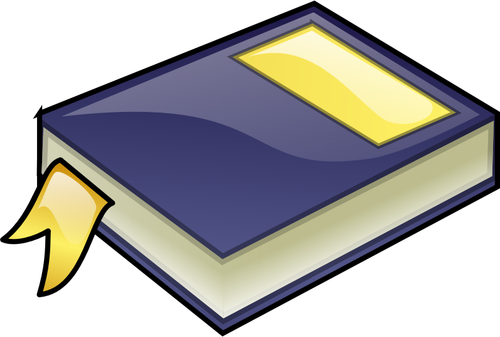
If they are available to you, I would recommend that you obtain both a printed Bible and an electronic Bible. Further, if there are multiple Bible translations in your preferred language, I would suggest you avail yourself of more than one.
A printed Bible has its advantages. It never loses power. It can’t be delisted or deleted by an app store. It’s easier on your eyes, and if you are spatially-minded, the fixed position of verses on a page will help you recall those verses. Especially helpful are study Bibles, which have study aids such as maps, diagrams, tables, and footnote commentary.
Obviously, electronic Bibles have advantages, too, particularly word searches and rapid lookup of verses when you remember them partially or aren’t sure where they are located.
In the English language, there are so many Bible translations that it can become difficult to select one. Most translations fall into one of two categories: literal or paraphrased. Literal translations strive for a word-for-word equivalency for each Bible verse. Paraphrased versions strive to take a few verses, or even a paragraph’s worth, and translate them into common English to best communicate the thoughts of those verses.
Translation is an art. Oftentimes, a word in the original Hebrew or Greek can be translated into several English words, and the translator’s task is to try to choose the optimal one. Sometimes, a word in the original language does not have a direct English equivalent. For example, Greek has several words for “love,” which express such distinctions as sacrificial love, brotherly love, or sexual love. So the translator’s dilemma becomes whether to use the simple English word (love), thereby losing the extra meaning in the Greek word, or to translate it using two or more English words. Therefore, because translation is an art, there is no “one best” translation, and it’s why I suggest settling on one version as your preferred version, and occasionally reading others to aid your studies, especially for verses that you find difficult to understand.
My personal preference is to lean towards literal versions, and only occasionally read paraphrased versions for help in understanding some challenging portions of the Bible.
That said, my favorite literal versions are the New American Standard Bible (NASB), the English Standard Version (ESV), the New International Version (NIV), and the New King James Version (NKJV), in that order. For paraphrased versions, I like the Today’s English Version (TEV), New Living Translation (NLT), and The Passion Translation (TPT), in that order.
Electronic Bibles are available through app stores. YouVersion is a popular Bible app that is widely available. If you decide upon the NASB version, I would highly recommend “Literal Word,” an app available through Google’s Play Store and Apple’s App Store. It is extraordinarily well implemented, and a pleasure to use. Plus, it’s free.
If you could only have one Bible, and you are a scholarly sort of person, I would suggest the NASB. If you are a more casual reader, I would suggest the ESV. You can always read versions online and find which version you prefer before plunking down your money for a printed copy. In my opinion, a local Christian bookstore (if you have one) is likely the best place to find a quality printed Bible.
If cost is an issue, you can visit a local church or Christian organization and request a Bible. Most are willing to provide you with one, gratis.
Speaking of free access to the Bible, there are many websites with Bibles online that you can read from any device with a browser. I like www.biblegateway.com, www.blueletterbible.com and www.studylight.org. Biblegateway is the most user friendly, but the other two have more study aids, such as concordances and Bible dictionaries. When it’s time to dig deeper into the content of your Bible, these websites can be very helpful.
Just remember this important point, when thinking about Bible versions: Any Bible version is better than none.
